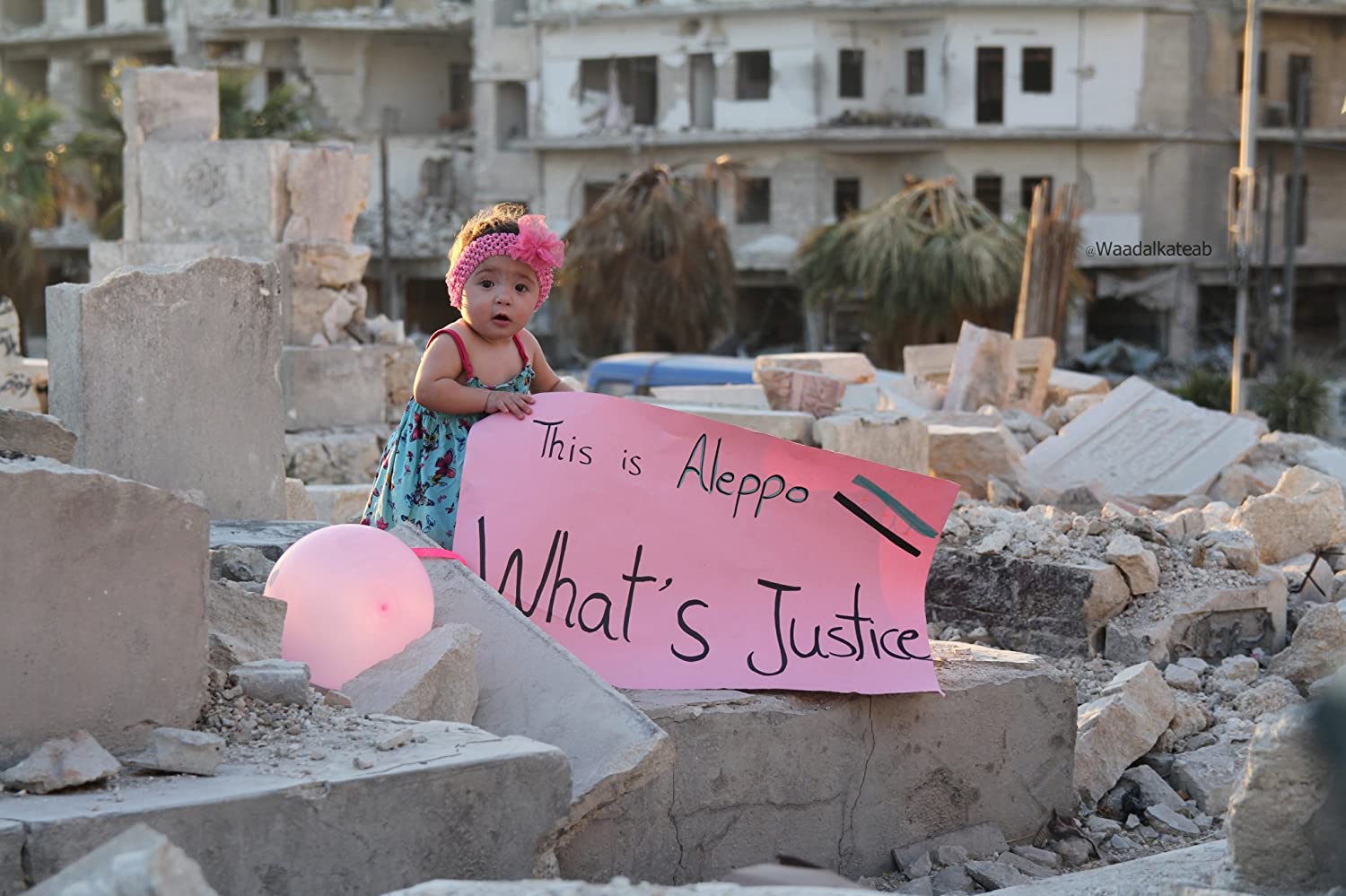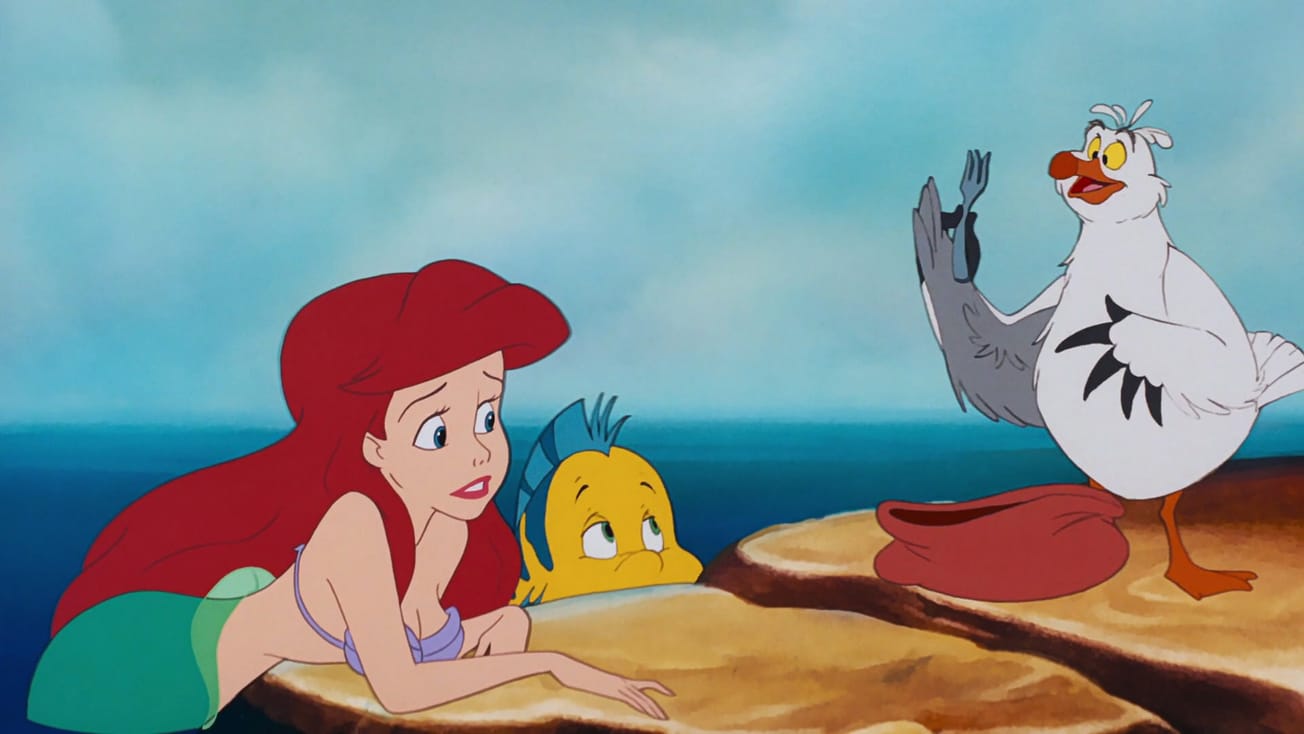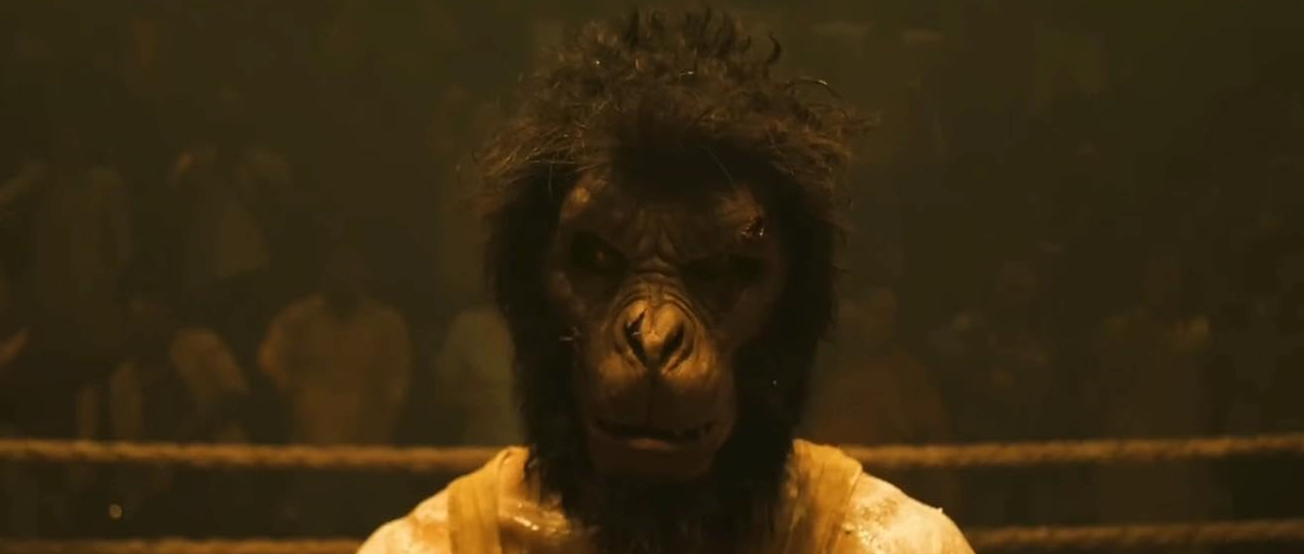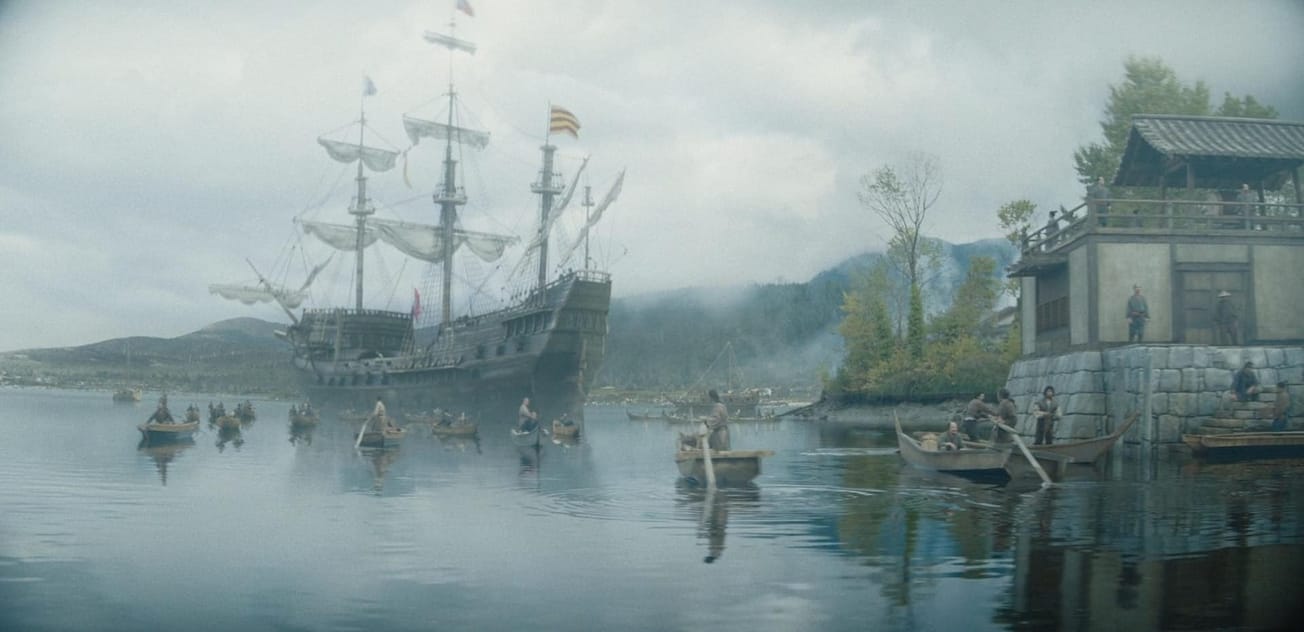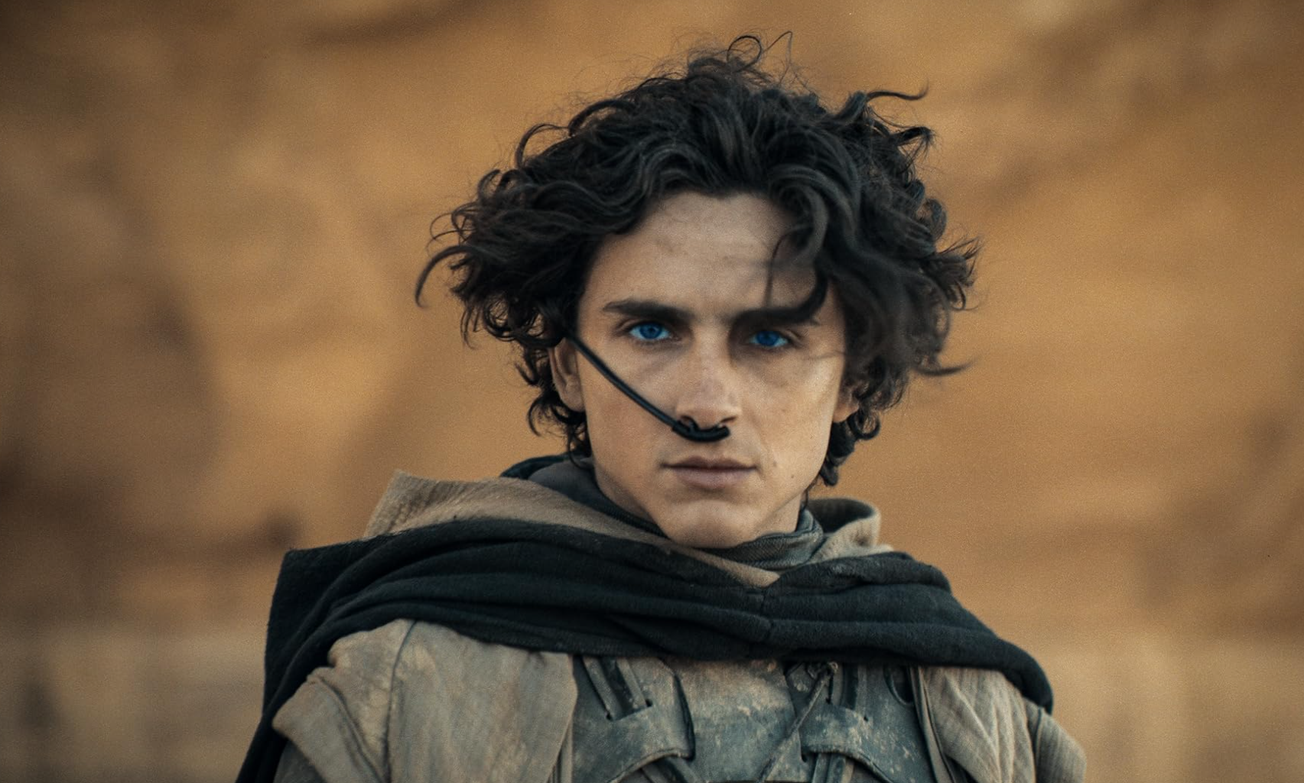By Samuel Vickers, Deputy Editor
On the 15 October, Epigram participated in the Watersprite Film Festival – the largest student film festival in the United Kingdom. I attended ‘Watersprite Meets: The Makers of For Sama’, a thrilling talk and interview with filmmaker Waad Al-Kateab, the acclaimed director of For Sama (2019).
The documentary, made in partnership with London filmmaker Edward Watts, was nominated for an Oscar for Best Documentary (2020), having won the same accolade at the Cannes Film Festival in 2019. Al-Kateab was included on Time Magazine’s 100 Most Influential People List 2020.
Shot during (and from within) the siege of Aleppo, For Sama is a heart wrenching love letter from a young mother to her infant daughter. The story is told non-chronologically, spanning the past five years, the fourth of which heralded her daughter. Sama is the unambiguous intended audience for the documentary, with the narrator intermittently breaking into the second person to address her directly.
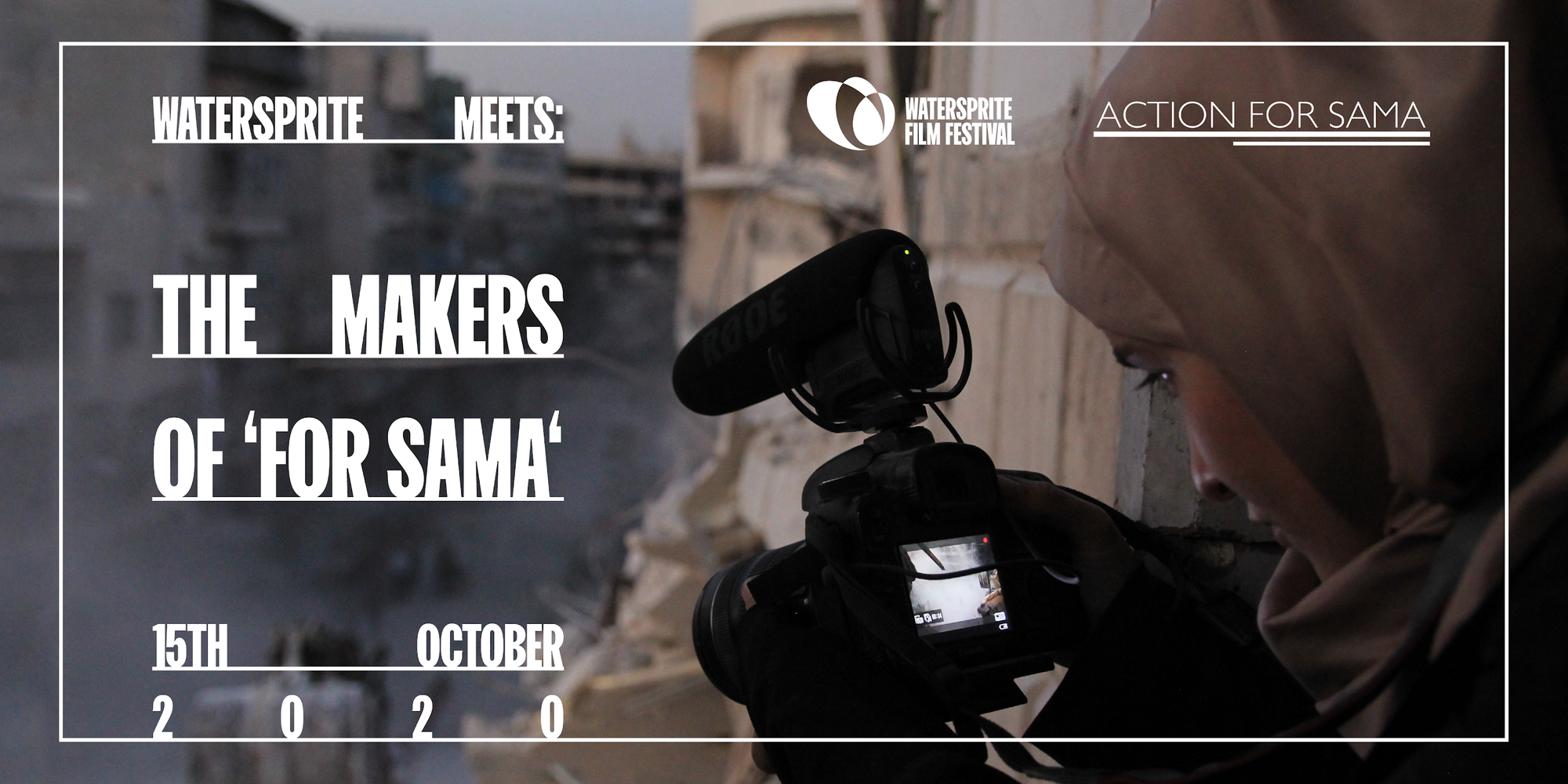
The project began when Al-Kateab elected to stay in Aleppo to document her life and the conflict for Channel 4 News, who with the UN, would eventually be instrumental in Al-Kateab eventually making her way to the United Kingdom.
Recording five years living at the heart of the conflict, the central thread is her blossoming relationship with a local doctor, Hamza, with whom she eventually has a daughter. Although only a student when she began filming For Sama, Al-Kateab has since become a more established filmmaker and political activist.
The central thread is her blossoming relationship with a local doctor, Hamza, with whom she eventually has a daughter
The event began with a short introduction from the organisers and to the two speakers, Waad Al-Kateab and Nevine Mabro, who worked at the time as Al-Kateab’s chief liaison at Channel 4 and now Deputy Editor at Channel 4.
The event began with questions that student journalists had submitted in advance of the event, asked by the event organisers. Then, the floor was opened to all of the interviewers who could put their questions directly to Al-Kateab and Mabro.
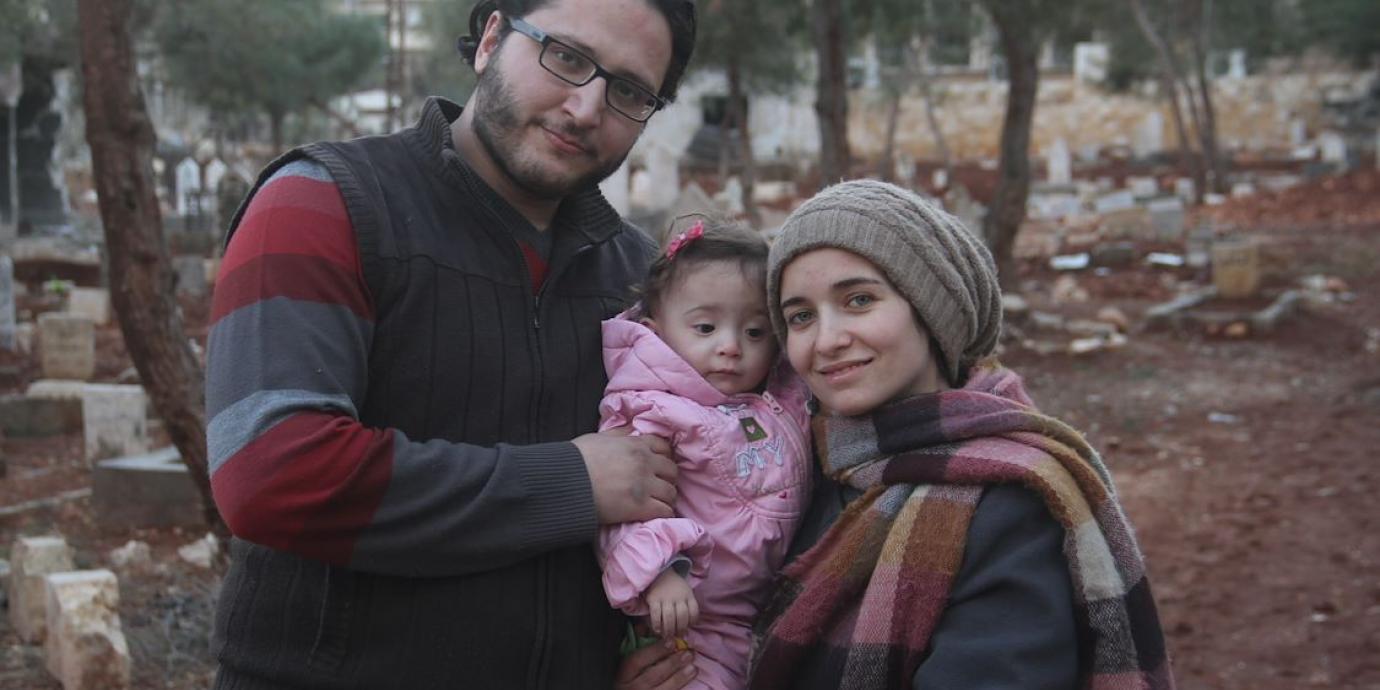
The discussion was varied and wide-ranging, with the greatest volume of questions concerning the current situation in Aleppo – this seemed like a positive sign of the film’s impact and it having achieved its goal of highlighting the conflict and crisis in Syria.
The documentary is extremely moving and quite graphic in its raw depiction of killing and violence. The scenes and sounds of slaughter are extremely pervasive in the film; Sama does not jump or cry at the sound of falling bombs or recoil at the massacre in the city – the viewer finds, however, that they too become desensitised to the bloodbath remarkably quickly.
Al-Kateab frequently refers to her 300+ hours of footage as ‘evidence’
The emotional crux of this comes when a mother, upon finding her dead son, screams at him “it’s mummy, I’ve got your milk, wake up!”. She then sees the camera and instead of a plea for privacy, she looks into the lens defiantly and screams “film this!”.
The film does, however, strike a balance between light and dark, life and death – this is something that Al Kateab spoke about in the interview. Although initially convinced that it was important to show the worst of her ‘evidence’ (Al-Kateab frequently refers to her 300+ hours of footage as ‘evidence’), the filmmaker realised that they had too much darkness and despair.
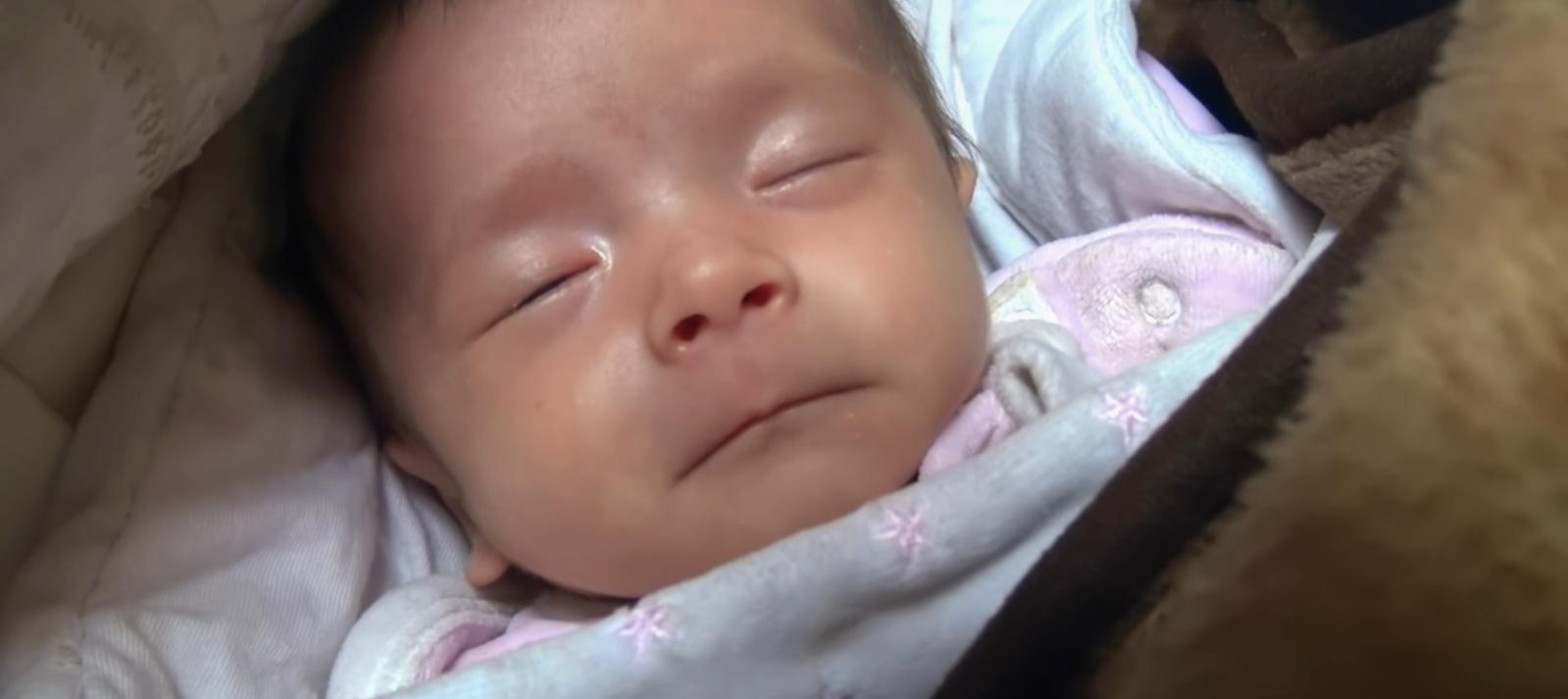
This is the crucial reason behind the film’s non chronological order, because they found that the film began as optimistic and descended into melancholia. She and Watts reconfigured it to be less anguished, and found that the key was making Sama the centre of the film.
The year ahead with Film Society
The year ahead with Film Departmental Society
The film ends with a shot of the young Sama, tottering unsteadily among the rubble and holding a banner that reads ‘This Is Aleppo. What’s Justice?’ It is a reference to a remark made by ex-presidential candidate Gary Johnson: ‘What’s Aleppo?’ and the expression on Sama’s face is one of hope and trust.
The Watersprite Film Festival runs annually (ordinarily live in person) and is the largest Student Film Festival in the United Kingdom. It provides travel bursaries to Cambridge as well as free access to workshops and mentorship schemes for filmmakers.
Featured: IMDb, Watersprite Film Festival
Will you be attending any of Watersprite's events this year?

